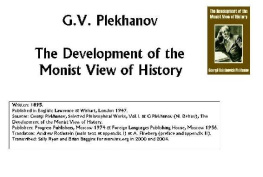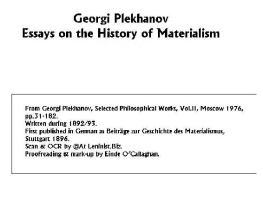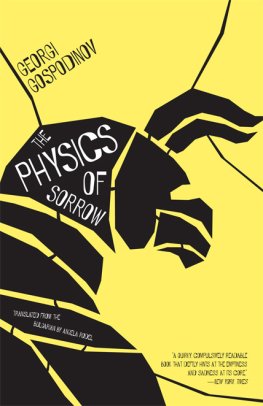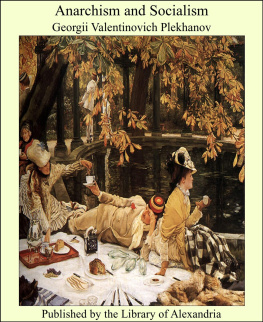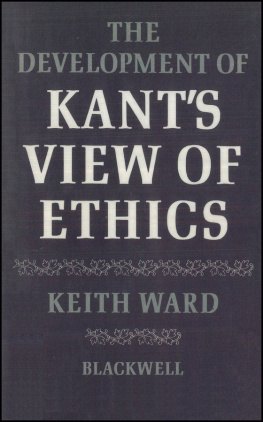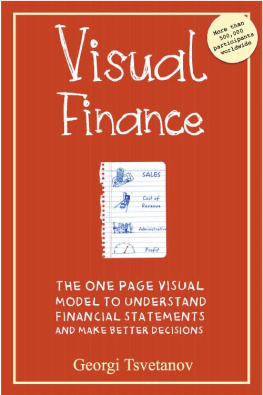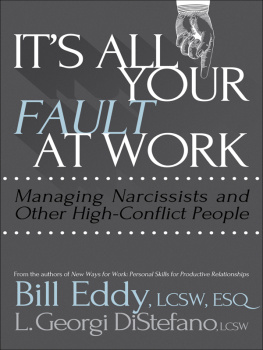Georgi Plekhanov - The Development of the Monist View of History
Here you can read online Georgi Plekhanov - The Development of the Monist View of History full text of the book (entire story) in english for free. Download pdf and epub, get meaning, cover and reviews about this ebook. publisher: Lawrence & Wishart, London 1947, genre: Science. Description of the work, (preface) as well as reviews are available. Best literature library LitArk.com created for fans of good reading and offers a wide selection of genres:
Romance novel
Science fiction
Adventure
Detective
Science
History
Home and family
Prose
Art
Politics
Computer
Non-fiction
Religion
Business
Children
Humor
Choose a favorite category and find really read worthwhile books. Enjoy immersion in the world of imagination, feel the emotions of the characters or learn something new for yourself, make an fascinating discovery.
- Book:The Development of the Monist View of History
- Author:
- Publisher:Lawrence & Wishart, London 1947
- Genre:
- Rating:5 / 5
- Favourites:Add to favourites
- Your mark:
- 100
- 1
- 2
- 3
- 4
- 5
The Development of the Monist View of History: summary, description and annotation
We offer to read an annotation, description, summary or preface (depends on what the author of the book "The Development of the Monist View of History" wrote himself). If you haven't found the necessary information about the book — write in the comments, we will try to find it.
The Development of the Monist View of History — read online for free the complete book (whole text) full work
Below is the text of the book, divided by pages. System saving the place of the last page read, allows you to conveniently read the book "The Development of the Monist View of History" online for free, without having to search again every time where you left off. Put a bookmark, and you can go to the page where you finished reading at any time.
Font size:
Interval:
Bookmark:
...........................................
.........................
Audiatur et altera pars
I have here corrected only slips and misprints which had crept into the first edition. I did not consider it right to make any changes in my arguments, since this is a polemical work. Making alterations in the substance of a polemical work is like appearing before your adversary with a new weapon, while compelling him to fight with his old weapon. This is impermissible in general, and still less permissible in the present case because my chief adversary, N.K. Mikhailovsky, is no longer alive.
The critics of our views asserted that these views are, first, wrong in themselves; secondly, that they are particularly wrong when applied to Russia, which is destined to follow its own original path in the economic field; thirdly, that they are bad, because they dispose their supporters to impassivity, to quietism. This last stricture is not likely to be reiterated by anyone nowadays. The second has also been refuted by the whole development of Russian economic life in the past decade. As to the first stricture, it is enough to acquaint oneself with recent ethnological literature, if with nothing else, to be convinced of the correctness of our explanation of history. Every serious work on primitive civilisation is obliged to resort to it whenever the question under discussion is the causal connection between manifestations of the social and spiritual life of savage peoples. Witness, for example, the classical work of K. Steinen, Unter der Naturvolkern Zentral-Brasiliens. But I cannot, of course, dilate on this subject here.
I reply to some of my critics in an article appended to this edition, A Few Words to Our Opponents, which I published under a pseudonym, and therefore refer in it to my book as if it were the work of another person whose views are also my own. But this article says nothing in opposition to Mr. Kudrin, who came out against me in Russkoye Bogatstvo after it had appeared. In reference to Mr. Kudrin, I shall say a couple of words here.
It might seem that the most serious of his arguments against historical materialism is the fact he notes that one and the same religion, Buddhism for instance, is sometimes professed by peoples at very different levels of economic development. But this argument may appear sound only at first glance. Observation has revealed that one and the same religion substantially differs in content depending on the level of economic development of the peoples professing it.
I should also like to reply to Mr. Kudrin on another point. He found in my book an error in the translation of a Greek text from Plutarch (see footnote, p.142), and is very scathing about it. Actually, I am not guilty. Being on a journey at the time the book was published, I sent the manuscript to St. Petersburg without giving the quotation from Plutarch, but only indicating the paragraphs which should be quoted. One of the persons connected with the publication of the book who, if I am not mistaken, graduated from the same classical gymnasium as Mr. Kudrin translated the paragraphs I had indicated and ... made the mistake Mr. Kudrin points out. That, of course, is a pity. But it should also be said that this mistake was the only blunder our opponents could convict us of. They too had to have some moral satisfaction. So that, humanly speaking, I am even glad of the error.
N. Beltov
French Materialism of the Eighteenth Century
If you nowadays, says Mr. Mikhailovsky, meet a young man ... who, even with some unnecessary haste, informs you that he is a materialist, this does not mean that he is a materialist in the general philosophical sense, in which in olden days we had admirers of Buchner and Moleschott. Very often the person with whom you are talking is not in the least interested either in the metaphysical or in the scientific side of materialism, and even has a very vague idea of them. What he wants to say is that he is a follower of the theory of economic materialism, and that in a particular and conditional sense.
We do not know what kind of young men Mr. Mikhailovsky has been meeting. But his words may give rise to the impression that the teaching of the representatives of economic materialism has connection with materialism in the general philosophical sense. Is that true? Is economic materialism really and poor in content as it seems to Mr. Mikhailovsky?
A brief sketch of the history of that doctrine will reply.
What is materialism in the general philosophical sense?
Materialism is the direct opposite of idealism. Idealism strives to explain all the phenomena of Nature, all the qualities of matter, by these or those qualities of the spirit. Materialism acts in the exactly opposite way. It tries to explain psychic phenomena by these or those qualities of matter, by this or that organisation of the human or, in more general terms, of the animal body. All those philosophers in the eyes of whom the prime factor is matter belong to the camp of the materialists; and all those who consider such a factor to be the spirit are idealists.
That is all that can be said about materialism in general, about materialism in the general philosophical sense, as time built up on its fundamental principle the most varied superstructures, which gave the materialism of one epoch quite a different aspect from the materialism of another.
Materialism and idealism exhaust the most important tendencies of philosophical thought. True, by their side there have almost always existed dualist systems of one kind or another, which recognise spirit and matter as separate and independent substances. Dualism was never able to reply satisfactorily to the inevitable question: how could these two separate substances, which have nothing in common between them, influence each other? Therefore the most consistent and most profound thinkers were always inclined to monism, i.e., to explaining phenomena with the help of some one main principle (monos in greek means one). Every consistent idealist is a monist to the same extent as every consistent materialist. In this respect there is no difference, for example, between Berkeley and Holbach. One was a consistent idealist, the other a no less consistent materialist, but both were equally monistic; both one and the other equally well understood the worthlessness of the dualist outlook on the world, which up to this day is still, perhaps the most widespread.
In the first half our century philosophy was dominated by idealistic monism. In its second half there triumphed in science with which meanwhile philosophy had been completely fused materialistic monism, although far from always consistent and frank monism.
We do not require to set forth here all the history of materialism. For our purpose it will be sufficient to consider its development beginning with the second half of last century. And even here it will be important for us to have in view mainly one of its trends true, the most important namely, the materialism of Holbach, Helvetius and their supporters.
The materialists of this trend waged a hot polemic against the official thinkers of that time who, appealing to the authority of Descartes (whom they can hardly have well understood), asserted that man has certain
Font size:
Interval:
Bookmark:
Similar books «The Development of the Monist View of History»
Look at similar books to The Development of the Monist View of History. We have selected literature similar in name and meaning in the hope of providing readers with more options to find new, interesting, not yet read works.
Discussion, reviews of the book The Development of the Monist View of History and just readers' own opinions. Leave your comments, write what you think about the work, its meaning or the main characters. Specify what exactly you liked and what you didn't like, and why you think so.

